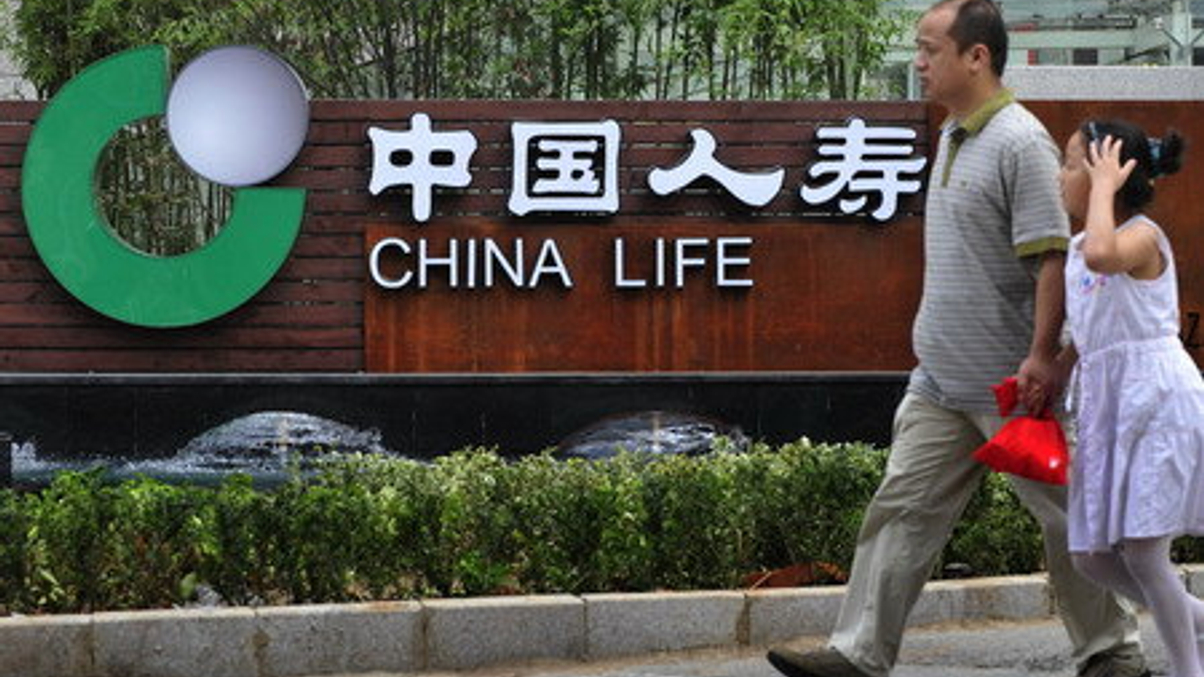Insurers emulate China Life's alts investing plans
The country's insurance companies are aggressively looking to invest into alternatives assets, with many following the multi external mandates route piloted by China Life.

China's insurance companies are increasingly seeking international fund managers to help them invest into alternatives, as they pursue offshore investing.
Sign in to read on!
Registered users get 2 free articles in 30 days.
Subscribers have full unlimited access to AsianInvestor
Not signed up? New users get 2 free articles per month, plus a 7-day unlimited free trial.
¬ Haymarket Media Limited. All rights reserved.


